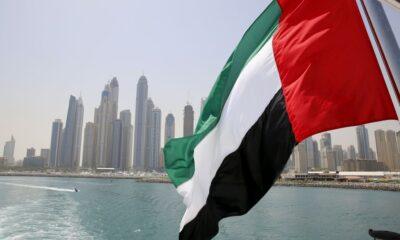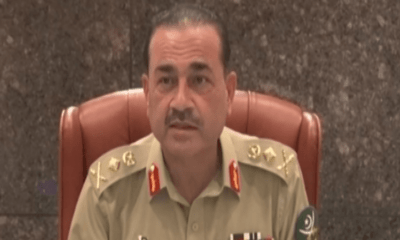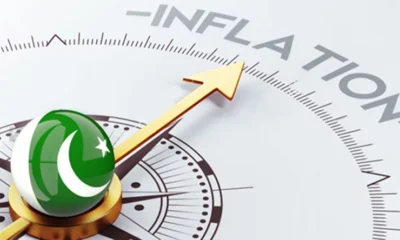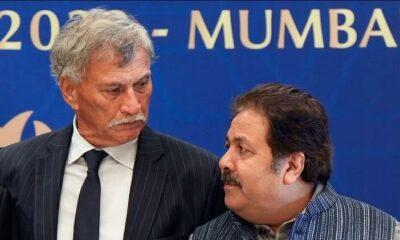News
Pakistan Faces a Balancing Act with IMF’s Conditional Aid: Electricity Bills vs. Gas Prices
Is the IMF’s conditional relief package for Pakistan’s energy sector a double-edged sword? As millions of consumers may see relief in electricity bills, others face a significant increase in gas prices. Experts weigh in on whether the relief is a boon or a setup for more economic challenges down the line. Read our in-depth analysis to learn more.

ISLAMABAD, September 7, 2023 – As Pakistan grapples with its ongoing economic challenges, the International Monetary Fund (IMF) has offered conditional relief to the country. In a tentative agreement, the IMF is allowing Pakistan to stagger payment of electricity bills for consumers who use up to 200 units of electricity monthly over three months. In exchange, Pakistan must initiate a crackdown on electricity theft and announce a significant increase in gas prices.
Stringent Conditions Attached
The IMF’s provision of phased electricity bill payments is pending approval by Pakistan’s Interim Prime Minister Anwaarul Haq Kakar and his cabinet. Sources from the energy ministry have indicated that the IMF has given the green light to stagger August’s electricity bill over three months, but only for consumers not eligible for subsidies and using up to 200 units monthly. This means approximately 10% of the total consumer base, or around 4 million people, would benefit from this arrangement.
The government’s initial request for relief covered consumers using up to 400 monthly units. If approved, it would have extended benefits to 32 million consumers, or 81% of the total customer base. However, this was rejected by the IMF.
Tumultuous Impact on Gas Sector
As a counterpart to the temporary relief in electricity bills, the IMF has required Pakistan to announce an increase in gas prices by up to 50%, starting from July 2023. This follows the Oil and Gas Regulatory Authority (OGRA) announcement in June regarding a 50% increase in gas prices for consumers of the Sui Northern Gas Pipeline Limited (SNGPL) and a 45% increase for the Sui Southern Gas Company Limited (SSGCL).
The previous government, led by the Pakistan Democratic Movement (PDM), opted not to raise gas prices, a decision that contributed to circular debt in the gas sector. The OGRA had issued this price determination on June 3rd and was legally obliged to notify within 45 days, a deadline the previous government failed to meet.
A Deep Dive into the Energy Sector’s Woes
Interim Energy Minister Mohammad Ali had previously announced a crackdown on electricity theft, aiming to cut the annual losses of Rs589 billion due to unpaid bills and theft. He emphasized that these issues contribute to the increased financial burden on law-abiding consumers.
The IMF also expects Pakistan to announce a plan to improve energy sector efficiency, specifically by cracking down on electricity theft and enhancing bill recovery efforts.
Currency Measures to Stabilize Economy
In related economic news, the State Bank of Pakistan (SBP) has taken steps to curb currency speculators, reducing the dollar’s open market price to Rs312, a gain of Rs11. This brings the disparity between the open and interbank rates down to less than 2%, although still above the IMF’s 1.25% benchmark. Commercial banks are encouraged to engage actively in foreign exchange activities to limit the influence of exchange companies.
While the IMF’s conditional relief offer may seem like a lifeline, it comes with strings attached that may heighten the financial burden on a different segment of Pakistan’s population. The nation now faces the complex task of balancing the immediate needs of its electricity consumers against the potentially adverse impact of rising gas prices.













